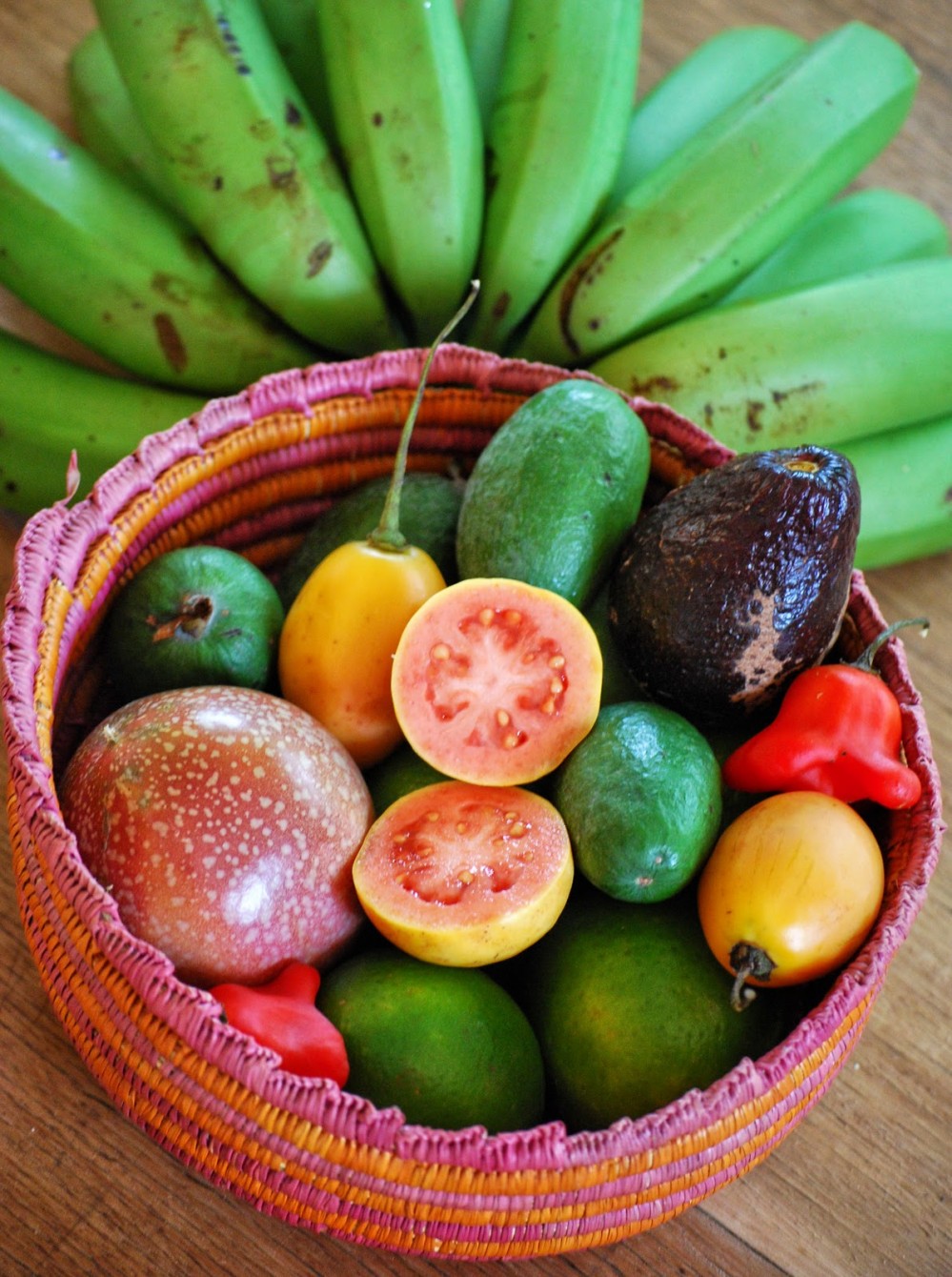Nutritional information and ingredient lists on labelling are strongly regulated. However, claims of ethical standards are not regulated by the government. Free Range standards for example, do exist, however they are not regulated by government and one Free Range standard may mean quite a different thing to another Free Range standard.
Senior research associate Dr Heather Bray of Adelaide University said a recent study has used focus groups to better understand attitudes towards labelling.
“Things that at face value which may seem to be an ethical choice, we often found were more because people were thinking about taste or freshness and quality,” Dr Bray said.
“So these ideas that things marketed as having ethical claims tended to be better for a whole range of reasons that weren’t necessarily linked straight away to being better for the planet.
“Our research is really trying to understand what might motivate someone to make a so-called ethical choice, and what they thought they were doing by purchasing that product.”
Doctor Bray continued, “We saw that consumers were reducing this ethical logo into an idea that something is better or worse. So eventually it has to become a binary — you either buy or you don’t buy.”
“We do need to find better ways to engage people in conversations about how our food is produced, rather than just through labelling.
“I would like to see the labelling improved, but I think the assumption that what people will buy is representative of how they’re thinking about agriculture more broadly, is a bit narrow.
“We need to find other ways to drive the conversation around how we have our food produced now and into the future to make sure it is safe, nutritious, affordable and sustainable.”
AUDIO: ABC Rural News:
http://www.abc.net.au/news/2015-11-12/heather-bray-adelaide-uni-ethical-food-labelling/6935516
![Cat eating a meal Carsondelake [CC BY-SA 3.0 (http://creativecommons.org/licenses/by-sa/3.0)], via Wikimedia Commons](http://foodirradiationwatch.org/wp-content/uploads/2015/12/A_cat_eating_a_meal.jpg)

